-

What Heaven Is Really Like According to the Bible
Every believer has wondered at some point: What is Heaven really like? The Bible gives us glimpses, vivid description...
-

What the Bible Teaches About Fortune-Telling, Tarot Cards, and Psychics
In today’s world, many people are searching for answers — about their future, their purpose, and their pain. It’s eas...
-
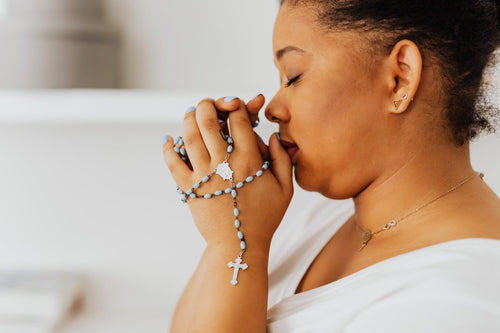
Are Rosaries Biblical? What Scripture Teaches About True Prayer
Many believers today may see rosaries as a beautiful religious item or a spiritual aid in prayer. However, when we lo...
-
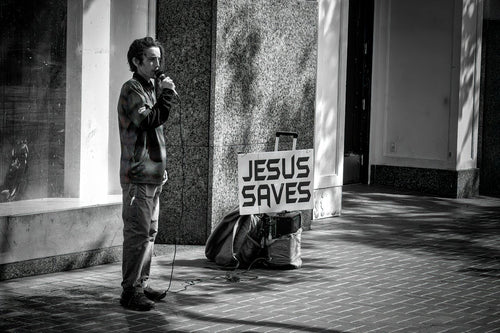
What Does It Really Mean to Be a Christian? (Biblical Truth Explained)
Being a Christian is not just about attending church, following traditions, or calling yourself religious. It is abou...
-

How To Strengthen Your Faith with Daily Bible Scripture
In the fast-paced world we live in today, it can be challenging for Christians to maintain and strengthen their faith...
-

How to Walk in the Spirit and Keep Your Eyes on Jesus Daily
In today’s world, distractions are everywhere. The battle between the flesh and the spirit is real—and constant. For ...
-

30 Powerful Bible Verses About Faith to Strengthen Your Walk with God
Faith is the foundation of our relationship with God. It is the confidence we have in Him, even when we cannot see th...
-

30 Powerful Bible Verses About Strong Woman — With Deep Explanation
In today’s world, women wear many hats: mothers, daughters, leaders, friends, teachers, and servants of Christ. But w...
-
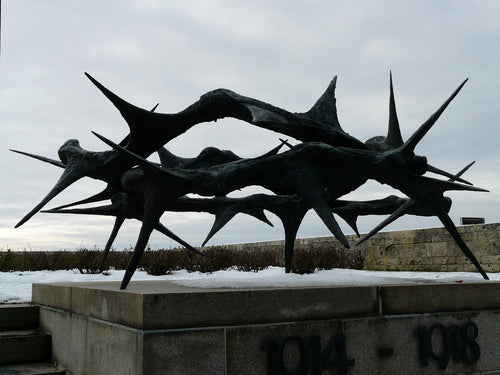
It’s Not Too Late to Find Jesus: Bible Truths You Need to Know
In a world that often tells us we’ve gone too far or made too many mistakes, the message of Jesus Christ stands in sh...
-

Jesus, Family, and You: How to Love Your Family Like Christ
In today’s fast-paced world, many Christians unintentionally put their family relationships on the back burner. Betwe...
-
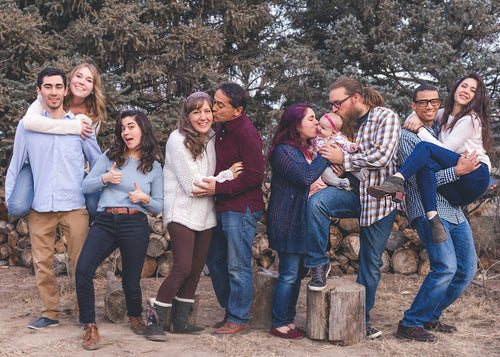
Can Christians Distance Themselves from Family? Yes—Here’s Why
Family is a gift from God, but not every relationship—even those bound by blood—is healthy or safe. Many Christians f...
-

10 Biblical Truths That Show God Never Leaves Your Side
In the middle of life’s chaos—heartbreak, stress, loneliness, or uncertainty—it’s easy to feel like God is distant. B...
-

Top 10 Christian Side Hustles to Fund Your Mission
In today’s world, many Christians feel called to do more for the Kingdom of God—whether that’s supporting a ministry,...
-

Top 10 Boundaries Every Christian Couple Should Have
In a world that often promotes self-indulgence and blurred lines in relationships, Christian couples are called to li...
-

Top 10 Christian Affirmations for Daily Victory
Every day we face battles—spiritually, emotionally, and mentally. But as believers, we don’t fight alone. God has equ...
-

Top 10 Most Misunderstood Verses in the Bible
The Bible is the living Word of God—rich, deep, and full of eternal wisdom. Yet, even for believers, some verses are ...
-

Is Polygamy Biblical? Christian Truth About God's Marriage Plan
In a world where the lines of truth are often blurred, it's essential for Christians to go back to the original desig...
-

Jesus Set Boundaries — So Should You: A Christian’s Guide to Self-Respect
Many Christians wrestle with the idea of being kind and forgiving while also setting boundaries and not allowing them...
-

God Didn’t Call You to Be a Slave to a Company — Start a Christian Business
In today’s world, many Christians find themselves working tirelessly under companies, corporations, or systems that d...
-

Top 10 Christian Books Every Spanish-Speaking Woman Needs in Her Library
In today’s complex and rapidly changing world, many Christian women are searching for encouragement that is both spir...
-

Encouraging Faith in Kids: Best Spanish Christian Books for Families
Sometimes the most profound spiritual truths come to us through stories—parables, allegories, and heartfelt narrative...
-

Equip, Lead, Grow: Top 10 Best Spanish Christian Books for Men
In a world filled with noise and distractions, sometimes the best way to reconnect with God is through powerful stori...
-

Faith-Filled Stories: 10 Powerful Christian Fiction Books You’ll Love
Christian fiction isn’t just for entertainment—it’s a powerful way to explore biblical truth, see faith in action, an...
-

Top 10 Political Christian Books to Equip Your Faith and Civic Engagement
Navigating politics as a Christian can be complex in today’s polarized culture. Thankfully, several thoughtful Christ...
-

The Power of Routine: Why Christians Benefit from Godly Habits
In today’s busy world, routines are often seen as restrictive or boring. But when we look at Scripture, we find that ...
-

Discover a Christ-Centered Homeschooling Solution That Works
In a world filled with educational options, many Christian families are searching for a curriculum that aligns with t...
-
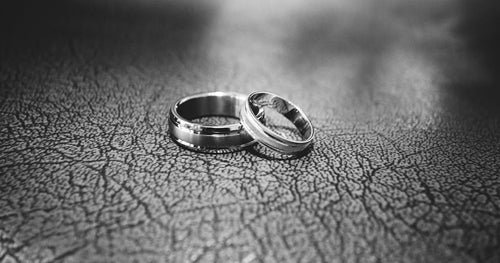
Jesus Wants a Relationship, Not Religion — Here’s Why
In today’s fast-paced world, the term “personal relationship with Jesus” is often used in sermons, books, and testimo...
-
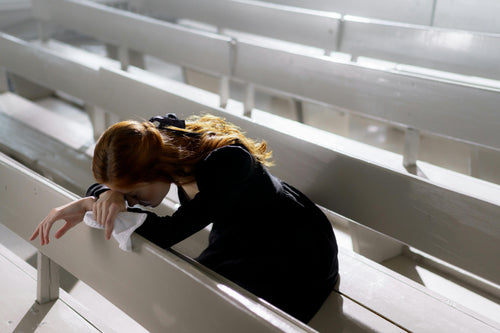
How to Pray When You Don’t Know What to Say
Have you ever sat down to pray and found yourself struggling to form the words? You may feel overwhelmed, empty, or u...
-
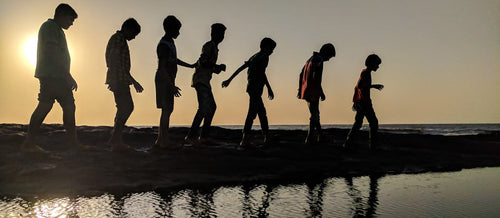
Matthew 18:3 Explained – Why We Must Be Like a Child
In a world that values independence, achievement, and intellectualism, Jesus gives a surprising command: “Except ye b...
-
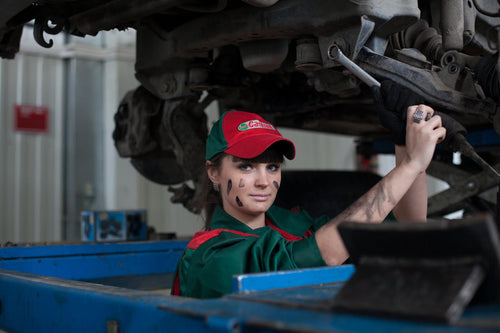
Working for God: Faith in Your 9 to 5
Many believers struggle with how their daily work connects to their faith. We often separate “church” from “career,” ...
-

Starting a Business with Purpose: Honoring God in the Marketplace
In today's competitive world, starting a business is a bold step. But starting a Christian business with purpose goes...
-

How to Be a Light in the Workplace: Living Your Faith Where You Work
In today’s fast-paced and often high-pressure work environments, it can be easy to compartmentalize our faith—keeping...
-
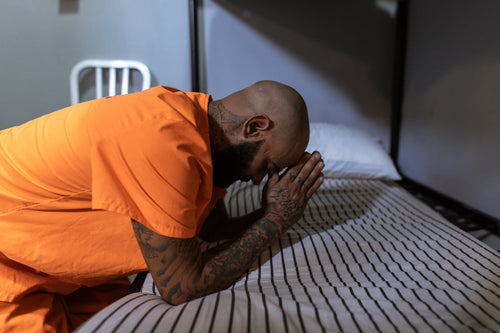
What the Bible Says About Justice and Mercy: Living With Compassion and Truth
In a world filled with broken systems, injustice, and suffering, many believers are asking: What does the Bible reall...
-

Navigating Social Media as a Believer: Staying Faithful in a Digital World
In today’s fast-paced digital culture, social media has become a part of daily life. From scrolling through Instagram...
-

Top 10 Tips for Planning a Men’s Church Retreat
Planning a men’s church retreat is more than just organizing a weekend getaway—it’s about creating an intentional spa...
-

Top 10 Tips for Planning a Women’s Church Retreat
Planning a women’s church retreat is an exciting opportunity to create a space where women can step away from the dem...
-
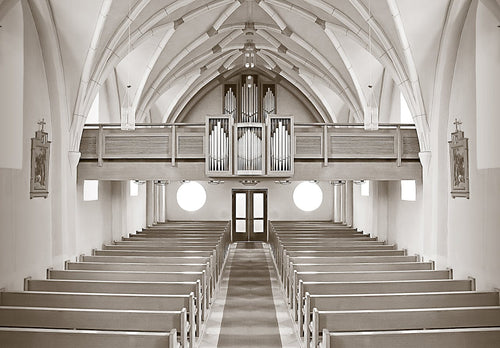
10 Ways to Get Involved in Your Local Church
Being part of a church isn’t just about attending Sunday services—it’s about becoming an active member of the body of...
-

Understanding the 5 Love Languages Through a Biblical Lens
In a world hungry for connection, understanding how to love others deeply and meaningfully is one of the most powerfu...
-

How to Memorize Scripture Fast and Effectively: A Complete Guide
Memorizing Scripture is one of the most powerful spiritual habits a Christian can develop. Whether you're facing temp...
-
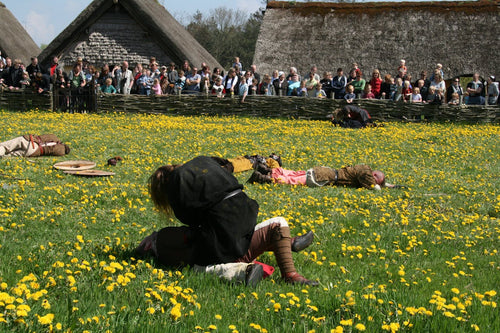
How to Study a Bible Character in Depth: A Step-by-Step Guide For Spiritual Lessons
Studying Bible characters is one of the most rewarding ways to deepen your understanding of Scripture and grow closer...
-

30-Day Prayer Challenge for Beginners: Build a Life-Changing Habit of Talking with God
Prayer isn’t just a spiritual discipline—it’s the foundation of a growing relationship with God. If you're new to pra...
-

The ACTS Method of Prayer: A Step-by-Step Guide to Deepen Your Prayer Life
Prayer is one of the most powerful tools God has given us to grow in our relationship with Him. Yet for many Christia...
-

7 Powerful Prayers for Anxiety and Fear (And Why They Work)
Anxiety and fear are emotions we all face at some point. In today’s fast-paced world filled with uncertainty, it’s ea...
-

10 Signs You Are Growing Spiritually (And What to Do Next)
Spiritual growth doesn’t always look dramatic or flashy. Often, it’s quiet and steady—like roots growing deep beneath...
-

Balancing Ambition and Humility as a Christian
In today’s fast-paced, success-driven culture, ambition is often seen as the key to a fulfilling life. Setting goals,...
-

What It Means to Deny Yourself and Follow Christ
In today’s world, we’re often told to “follow your heart,” “be true to yourself,” and “do what makes you happy.” But ...
-

Daily Habits of Spiritually Strong Christians
In a world full of distractions, staying spiritually strong doesn’t happen by accident. It’s the result of consistent...
-

10 Practical Ways to Trust God in Difficult Times
Life doesn’t always go the way we plan. Unexpected challenges, heartbreak, financial struggles, and personal loss can...
-

Understanding Angels: Messengers of God Explained Biblically
Angels have long fascinated both believers and nonbelievers alike. From paintings and songs to movies and bedtime sto...
-

How to Develop Discipline as a Christian
In a fast-paced, convenience-driven world, developing discipline can feel like an uphill battle. We often start with ...



















































